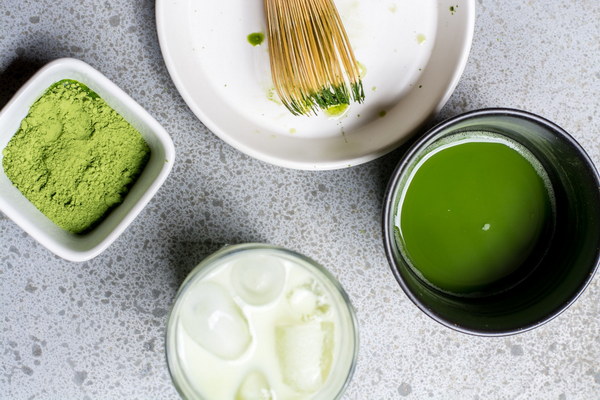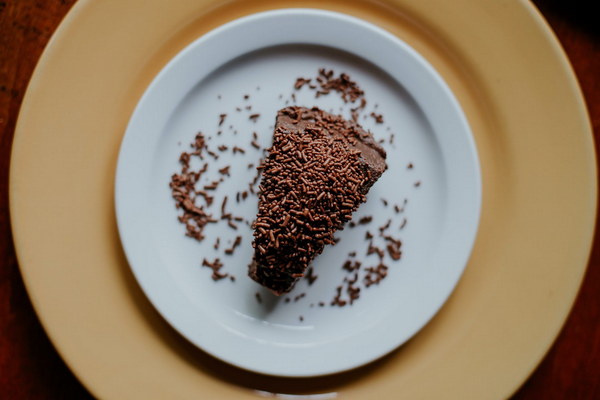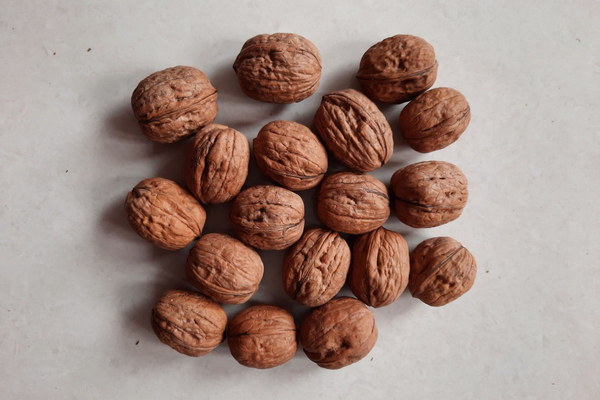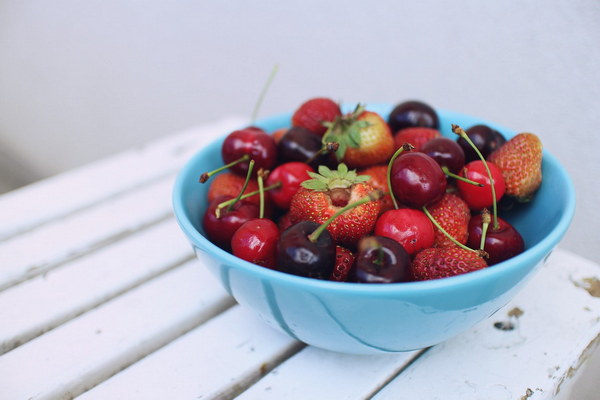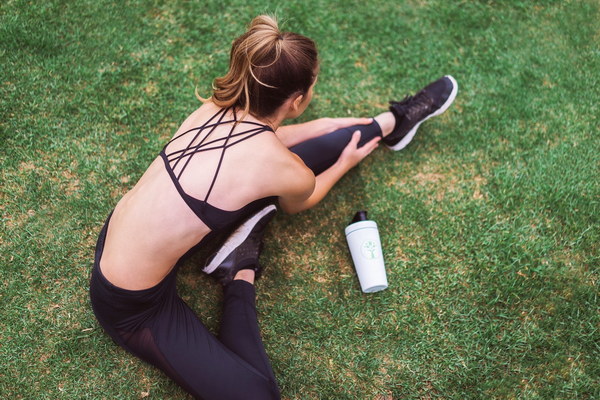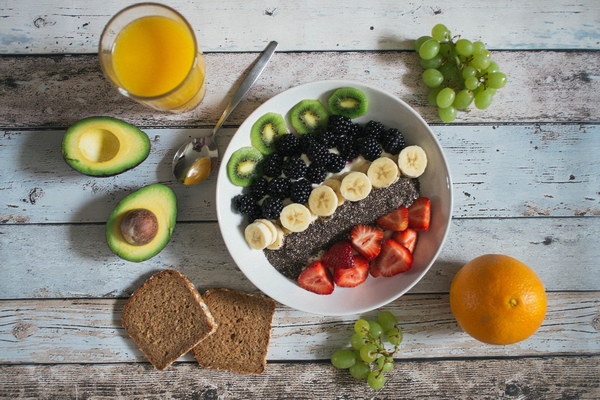Unlocking the Secrets The Diet Routine of Fitness Athletes Unveiled
In the world of fitness and sports, the diet routine of athletes plays a pivotal role in their success. Fitness athletes, in particular, follow a strict and well-planned diet to optimize their performance, recover quickly, and maintain their physique. This article delves into the intricacies of the diet routine of fitness athletes, offering insights into their eating habits and nutritional strategies.
The Foundation: A Balanced Diet
The diet of a fitness athlete is built on the foundation of a balanced intake of macronutrients: carbohydrates, proteins, and fats. Each macronutrient plays a crucial role in fueling workouts, aiding recovery, and maintaining muscle mass.
1. Carbohydrates: Carbs are the primary energy source for high-intensity workouts. Fitness athletes typically consume a high-carbohydrate diet, especially before and after workouts. Good sources include whole grains, fruits, vegetables, and legumes.
2. Proteins: Proteins are essential for muscle repair and growth. Fitness athletes aim to consume a significant amount of protein, often around 1.6 to 2.2 grams per kilogram of body weight per day. Lean meats, fish, dairy, eggs, and plant-based options like lentils, tofu, and tempeh are common protein sources.
3. Fats: Healthy fats are vital for overall health and hormone production. Fitness athletes incorporate sources such as avocados, nuts, seeds, olive oil, and fatty fish into their diet.
Timing is Key
The timing of meals and snacks is equally important as the content of the diet. Here's how fitness athletes manage their eating schedule:
1. Pre-Workout Nutrition: A pre-workout meal or snack should consist of easily digestible carbs and a moderate amount of protein. This provides the energy needed to perform at optimal levels. Examples include a banana with peanut butter, a rice cake with jam, or a protein smoothie.
2. During-Workout Nutrition: For endurance athletes, consuming a carbohydrate-rich fluid or gel can help maintain energy levels during long workouts. For strength athletes, staying hydrated with water or a sports drink is crucial.
3. Post-Workout Nutrition: Within 30 minutes to an hour after a workout, fitness athletes aim to replenish their glycogen stores and repair muscle tissue. This typically involves a meal or shake that combines carbs, protein, and sometimes fats.
Hydration and Electrolytes
Proper hydration is non-negotiable for fitness athletes. They drink water throughout the day, before, during, and after workouts. Additionally, electrolyte balance is crucial, especially during intense training sessions. Sports drinks or electrolyte tablets can help maintain this balance.
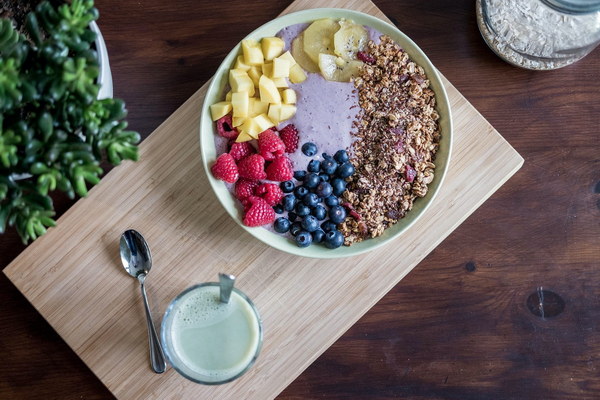
The Role of Supplements
While whole foods should form the basis of a fitness athlete's diet, supplements can play a supportive role. Common supplements include protein powders, omega-3 fatty acids, creatine, and BCAAs (branched-chain amino acids). However, these should be used as complements to a balanced diet, not replacements.
Eating for Recovery
Recovery is just as important as training for fitness athletes. They prioritize foods rich in antioxidants, vitamins, and minerals to aid in muscle repair and reduce inflammation. This includes dark leafy greens, berries, nuts, and seeds.
Customization and Flexibility
Every athlete's diet should be personalized to their specific needs, goals, and preferences. This might mean following a vegan or vegetarian diet, or incorporating specific dietary restrictions or allergies. Flexibility is key, allowing athletes to adapt their diet as their training and goals evolve.
In conclusion, the diet routine of fitness athletes is a carefully crafted plan that supports their training, recovery, and overall health. By focusing on balanced nutrition, proper timing, and hydration, along with the strategic use of supplements, fitness athletes can achieve their performance goals and maintain their competitive edge.
